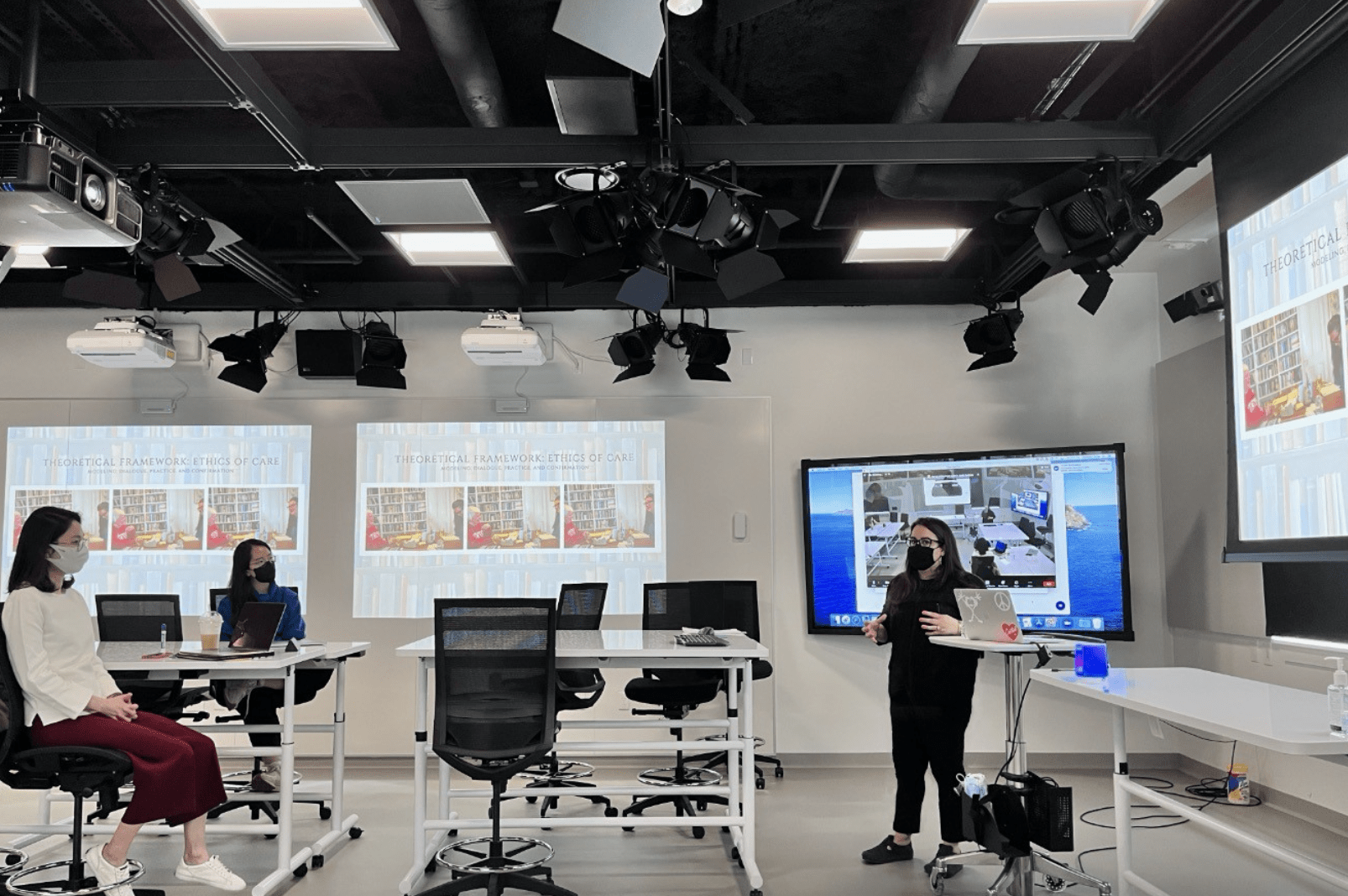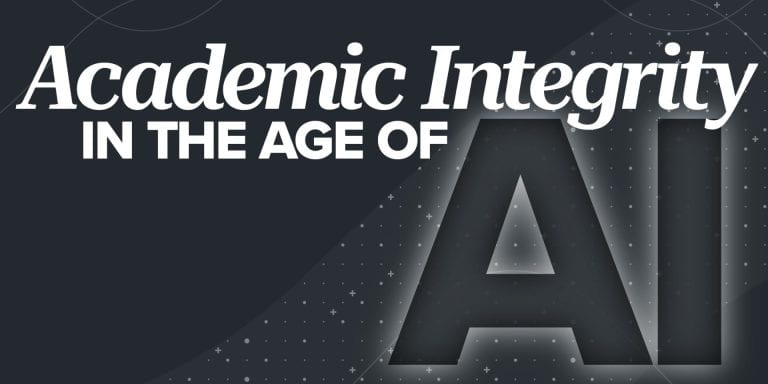CPAD Lab Reflection
Zena Tredinnick-Kirby, Ph.D.
In the winter of 2022, I presented my doctoral research in the CPAD Lab, where the experience merged comfort with cutting-edge technical engagement. The space’s ambiance and array of screens instantly drew attention to the fusion of technology and academia. The setup felt tailor-made for an interactive dialogue of ideas, an ideal match for the intricate layers of my research. As my research focused on transforming my home into an artist residency where I homeschooled my children through the making of interdisciplinary art, it was an incredible feeling to transform my research visually as a presentation in a room like the CPAD lab, where the visual aids of my presentation where framing me as I presented.
The CPAD Lab let me helm complex theories and data efficiently, as the environment supported me and guided my presentation. The screens, serving as portals to visualize my research, extended the impact of my presentation. Further, the writable tables added an interactive adventure for the guests in the room by taking notes on the tables where they were seated, not typical of note taking, bringing another layer of different learning along with the various visual aids of the screens circulating the room. This setup encouraged questions, discussions, and a deeper exploration of my research. Moreover, it provided a space that holistically shared my work, combining the depth of one’s research with the accessibility of modern technology.
Reflecting on presenting my doctoral research in such a space, I’m grateful for the opportunity it provided. It was more than a presentation; it was an experience transcending the conventional boundaries of academic discourse. The CPAD lab’s environment enriched the knowledge exchange and made my research journey even more rewarding; I am very grateful for the opportunity to present my research in such a unique and engaging space.
Reflecting on presenting my doctoral research in such a space, I’m grateful for the opportunity
it provided. It was more than a presentation; it was an experience transcending the conventional boundaries of academic discourse.
The CPAD lab’s environment enriched the
knowledge exchange and made my research journey even more rewarding; I am very grateful for the opportunity to present my research in such a unique and engaging space.

